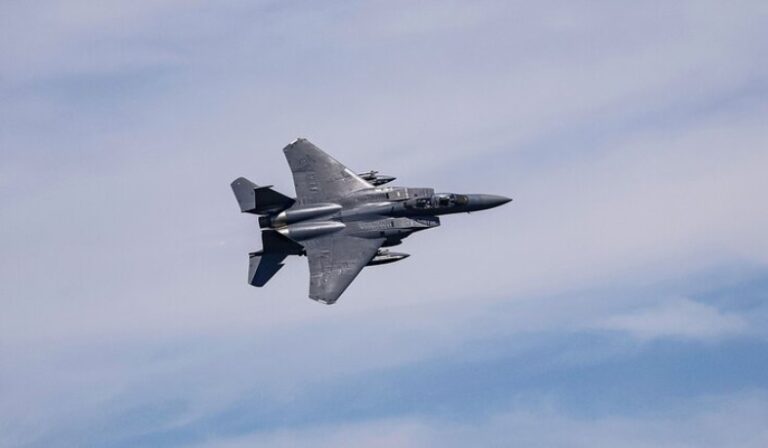EU interested in increasing its influence in South Caucasus, expert says
Speaking with Alpha News, Artyom Sokolov, a researcher at the MGIMO European Studies Center, commented on the reason behind the European Union’s interest in Armenia and the South Caucasus in general.
According to the expert, the EU’s interest is to increase its influence in the South Caucasus region in various directions.
“It was not yesterday that the European Union showed its interest in the South Caucasus. This process has been developing since the late 1990s. The EU is interested in increasing its influence in the South Caucasus region in various directions due to economic, political, and security factors. This is a long story with long-term consequences and deep roots, and we all have to live and work with it for quite some time. It should be understood that Europeans are interested in this region due to the European integration process, that is, the European Union continued to expand during the late 20th and early 21st centuries. Now the European Union is facing crises. Where to go? Whether to expand further or deepen the level of interaction between the member states?
The West’s confrontational policy towards Russia affects the entire geographical environment of Russia. Of course, the South Caucasus is one of the literal hot spots here,” Sokolov said.
According to the expert, European integration no longer has its “perks”.
“The rhetorical skills of Western diplomats, including the EU, have always been distinguished by a certain power in terms of promising a picture of a wonderful future. And up to a certain point, it was even quite vividly presented in practice. However, the situation is now different, of course. For a variety of reasons, the perks of European integration are not the same as they were in the 1990s. The European Union is no longer the same, and the proposals it gives to candidate countries are different in any case,” he said.
The expert also answered the question of why even the goods of the countries that signed the Association Agreement with the EU, for example, Georgia, could not gain a foothold in the European market. “The European market is a market that has been established for a long time, and it is extremely anxious and reluctant to accept new players. This is perfectly clear from the examples of those EU states that entered later, the countries of Eastern Europe, which were also promised great advantages of access to the European market,” Sokolov said.
When asked whether the EU acts in the South Caucasus region as an independent player or together with the United States, the expert replied: “European politicians themselves admit that specifically in the South Caucasus and in other post-Soviet countries—with the exception, perhaps, of Ukraine, though with great reservations—they do not have any special card, a special trump card with which they could enter the region and be the force that would be equivalent to the Russian Federation, the United States of America, and China. Here, if we look at the governing documents of European states, the calculation is based on the fact that the European Union provides a kind of third or fourth force between major players, in favor of which you can make a choice that can support this choice financially or with additional privileges, but in general cannot act as a full alternative.
Indeed, the economic situation in the main European states remains quite tense. Not so long ago, it was reported that the German economy unexpectedly showed negative growth in the second quarter. It decreased, albeit by 0.1%, but, nevertheless, it decreased, contrary to forecasts, which, on the contrary, said that there would be a slight increase. The crises there are of a structural nature.”
Alpha News also discussed with the expert the recent elections to the European Parliament, the economic situation in the European Union, Germany’s position towards the Caucasus region, and relations with Russia.







